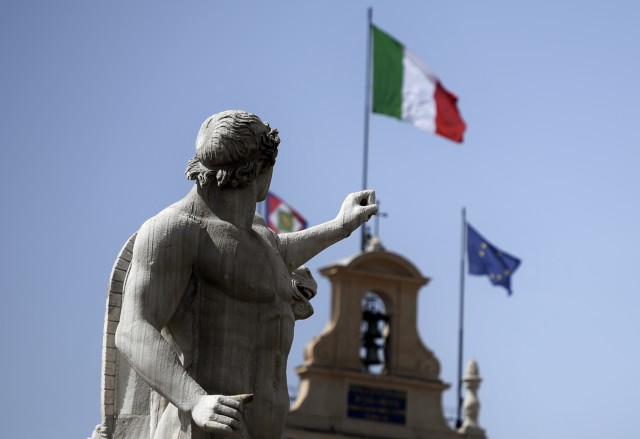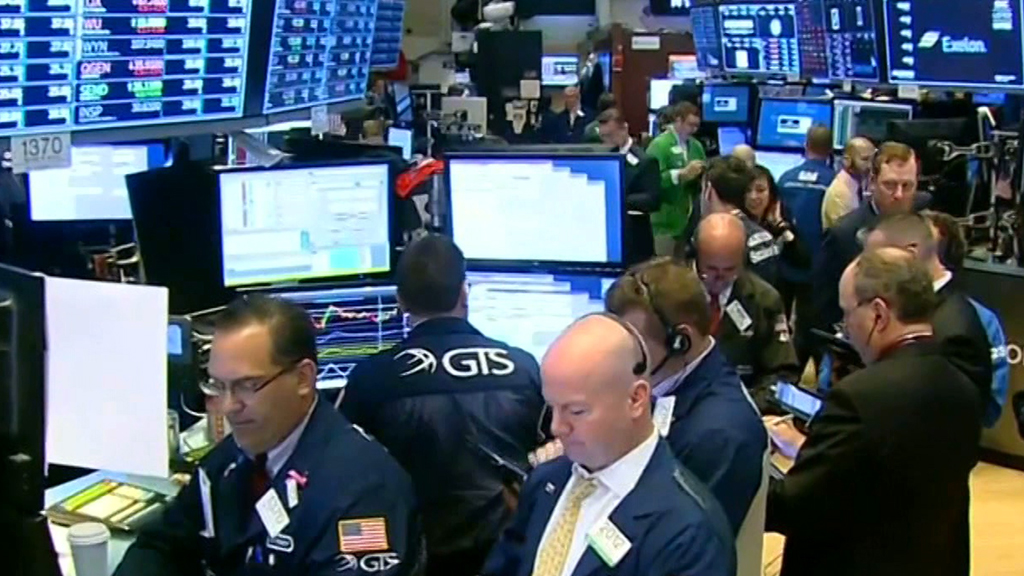Italy has been without a government for three months, all because no political group has been able to form a majority. This means voters could head to the polls again later this year.
CGTN’s Natalie Carney has more on the political chaos.
The current political crisis embroiling Italy has caused significant concern for the EU, as well as global markets.
On Sunday, Italian President Sergio Mattarella vetoed Paolo Savona to serve as the country’s next finance minister. The president then turned to pro-austerity economist Carlo Cottarelli to form the next technocratic government.
It’s a government unlikely to be approved by the anti-establishment Five Star Movement and the far-right League party, which won the most votes in Italy’s March election.
“If this new government – Cottarelli’s government – goes to chambers and there is an overall ‘no’ vote, then this means that Italy doesn’t have a government,” according to Giovanni Orsina of the School of Government at Luiss Guido Carli University. “This means Italy would be a very feeble negotiator on G7, Europe and of course the issue of capital markets.”
Cottarelli and President Mattarella met briefly on Wednesday to try and find a way out of the current situation, but according to the head of the foreign affairs committee for the Five Star Movement, the only way out is for the president to re-consider its proposed finance minister.
“It will be the first government with no support from the country and from the parliament, because no one will vote in favor of the confidence vote,” Manlio Di Stefano said. “We think that the only way solution now is accept this government we brought to him on Sunday, with Savona, or going back to the polls.”
The two parties – Five Star Movement and the League – share little in common, but do agree on limiting the European Union’s hand in Italian affairs.
Election promises, however, can be quite different when compared to political reality. There has been much anti-EU rhetoric from the League, and anti-austerity economic promises from the Five Star Movement. There is doubt about what these two parties can really accomplish.
The Five Star Movement has promised to reduce taxes and roll out universal basic income for the unemployed. This move could jeopardize Italy’s obligation to the European Monetary Union to reduce its debt ratio by 60 percent.
“Withdrawing from the Euro is extremely difficult, is extremely complicated,” according to Orsina. “Italy would pay a very high price for it.”
Analysts predict the two parties will drop their insistence on Savona as finance minister in order to resurrect their bid to govern together. Altneratively, the two parties may abstain from voting on Cottarelli’s interim government and return some confidence to the markets until new elections are called, likely in the Fall.
If a coalition populist government is formed between the Five Star Movement and the League, even if a temporary one, it will be the first in western Europe.
 CGTN America
CGTN America A view shows a the Quirinale Palace, official residence of the Italian President, in central Rome on May 30, 2018. (AFP PHOTO / FILIPPO MONTEFORTE)
A view shows a the Quirinale Palace, official residence of the Italian President, in central Rome on May 30, 2018. (AFP PHOTO / FILIPPO MONTEFORTE)

